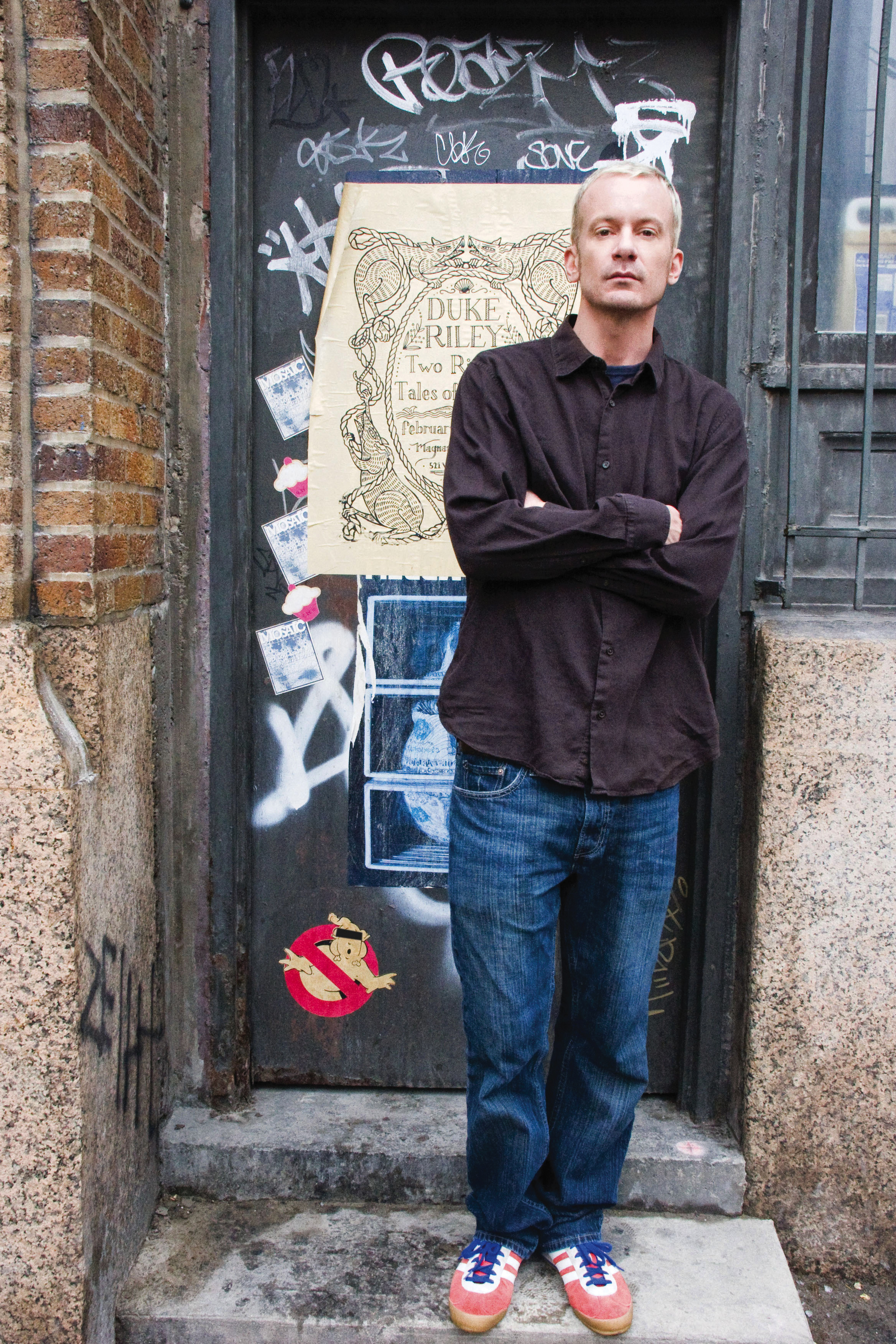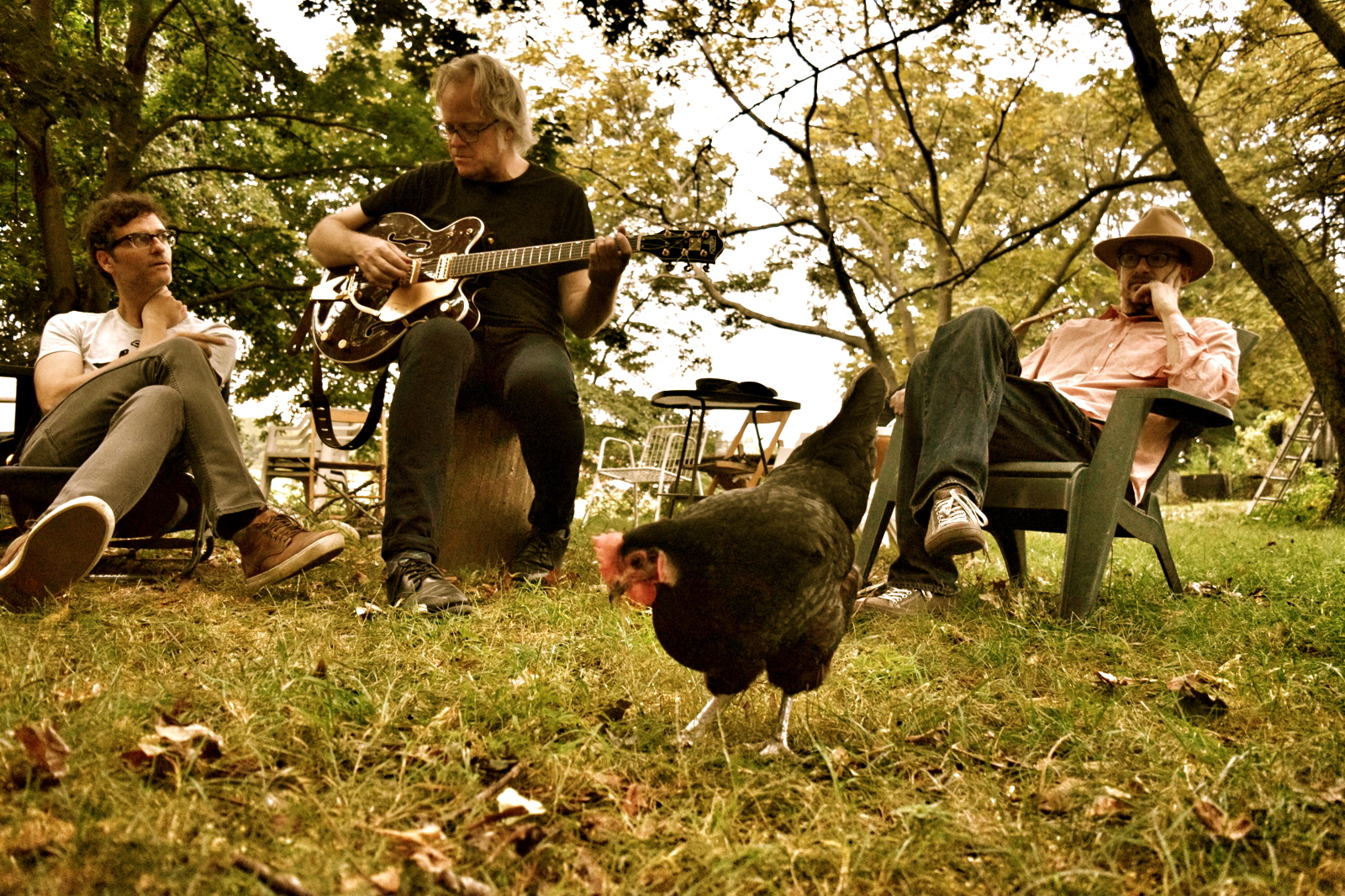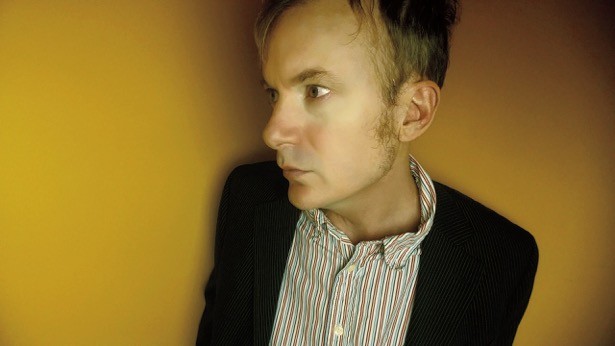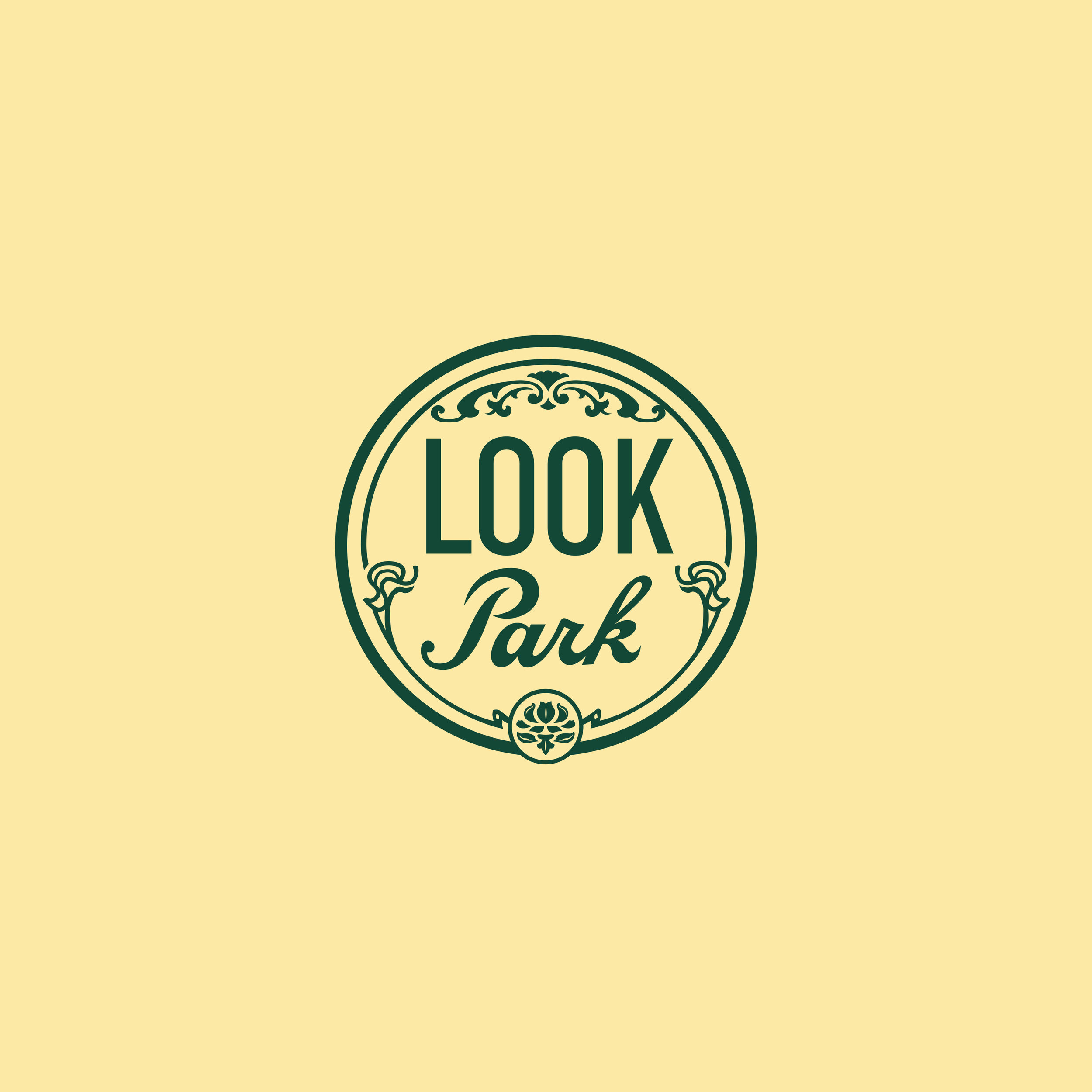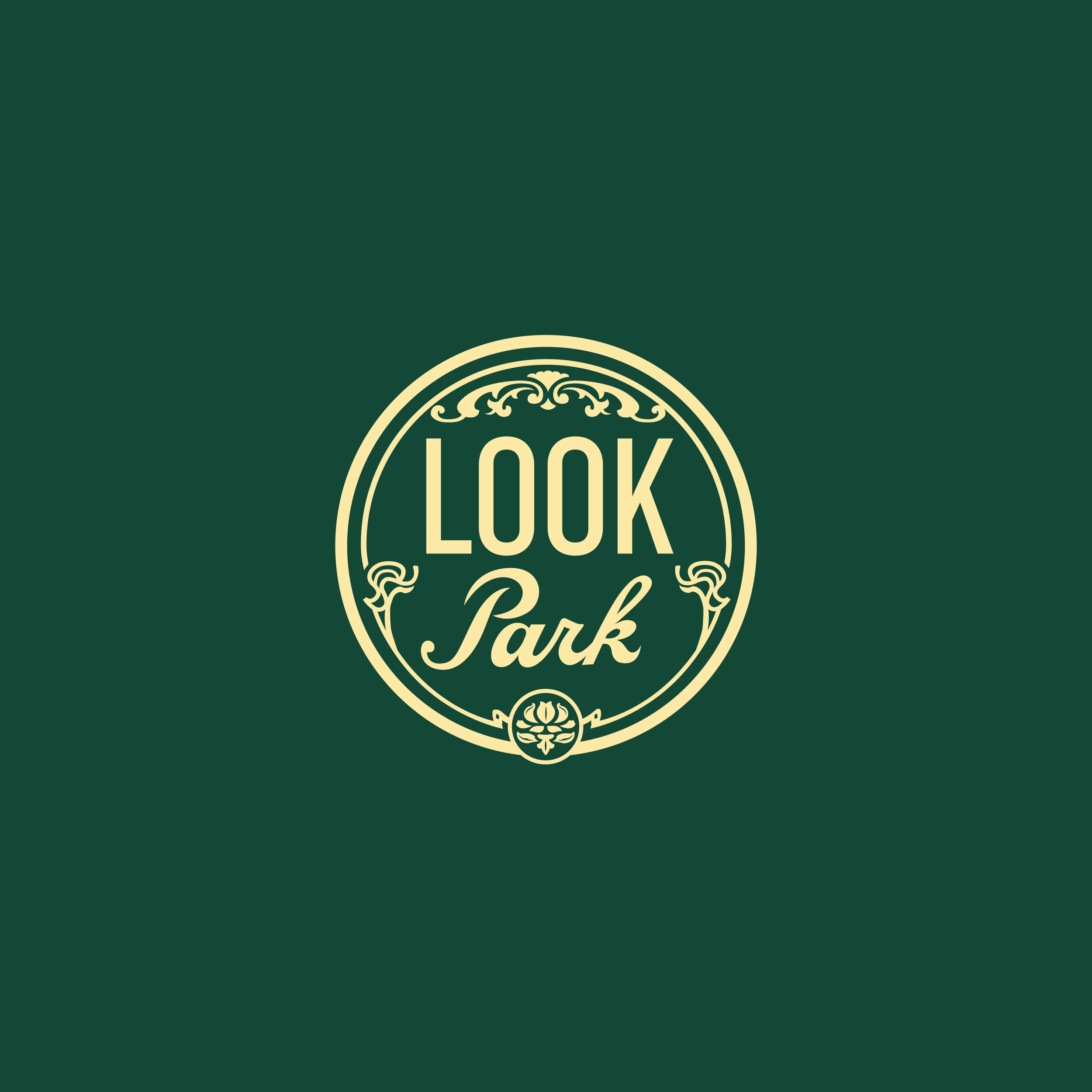Click Image to Download!
LOOK PARK is Chris Collingwood’s first album outside of Fountains of Wayne, recorded in collaboration with legendary producer Mitchell Froom (Elvis Costello, Crowded House, Suzanne Vega). Warm and enveloping, the loose-limbed psychedelic pop of songs like “Aeroplane” and “Breezy” is marked by deep, lush instrumentation, Collingwood’s literate lyricism and melodic sense enhanced by GRAMMY® Award-winning Froom’s layered palette. Shot through with earnest emotion and restless energy, LOOK PARK is unlike anything in Collingwood’s already extraordinary canon, a fact affirmed by his decision to dub both the album and overall project as “Look Park,” the name borrowed from a favorite green space in his hometown of Northampton, MA.
“I don’t like the expression ‘solo record,’” he says. “It means you don’t have to pay attention to it, that it’s just a side project. It’s band music and I thought it should have a band name.”
Fountains of Wayne arrived two decades ago, the dual creation of Collingwood and his fellow NYC-based tunesmith Adam Schlesinger. The band’s loud, whimsical debut received international acclaim from the jump, fueled in part by the breakthrough first single, “Radiation Vibe,” and then confirmed by countless tours of North America, Europe, and Japan. 2003 saw “Stacy’s Mom” rank among the year’s biggest hit singles, a top 20 favorite in the U.S. and one of the first tracks to ever reach #1 on the iTunes Store’s “Most Downloaded Songs” chart. “Stacy’s Mom” proved such a cross-cultural smash it not only earned a GRAMMY® Award nomination for “Best Pop Vocal Performance” but FOW themselves were honored with a still perplexing third album GRAMMY® nod for Best New Artist. 2011’s SKY FULL OF HOLES proved the highest charting record of Fountains of Wayne’s career, debuting among the top 40 on the Billboard 200 amidst the critical acclaim that greeted each of the band’s five studio releases.
Collingwood returned home after touring the world in support of SKY FULL OF HOLES, unsure of how to proceed. The next three years saw him demoing a slew of new songs with acoustic guitar, keyboards, and spare percussion – tambourines, shakers, and sometimes a full drum kit.
“I threw out the ones that sounded like FOW songs,” Collingwood says. “It took a while to start thinking outside of four-piece, power chord arrangements. There’s a lot of piano on the demos, and a lot of deliberately empty space. I thought it was important to record with someone who would get me out of my usual habits.”
So why not ask one of his all-time favorite producers? He found Froom’s contact info on Linked In and sent an unsolicited note. The two musicians were surprised to learn they had both attended the same ultra-conservative, all-male boarding school, The Hill School in Pottstown, PA. Once Froom heard the demos, they were off. The two spent several weeks doing extended pre-production in their respective home studios, “working out arrangements by email and talking for two hours a day on the phone,” says Collingwood. “Not just about music, but everything, just getting to know each other. He’s an immersive guy. He wanted to know where I was coming from.”
Together Collingwood and Froom concocted a truly distinctive approach for Look Park - strange and spatial, ribboned with layered keyboards, atmospheric harmonies, plate reverbs, and a whole lot of Mellotron, inspired by a shared love of The Moody Blues.
“It became something completely different from anything I’d done before,” Collingwood says. “It’s rock music, but owes more to an era when people still listened to whole albums. I suppose in that sense it’s retro.”
August 2015 saw Collingwood head west for a week of sessions at Froom’s Santa Monica home studio, ably accompanied by bassist Davey Faragher (Elvis Costello, Lucinda Williams, Cracker) and drummer Michael Urbano (Smash Mouth, Ron Sexsmith, Todd Rundgren), a powerhouse rhythm section adept at both subtlety and sparkling, uptempo urgency.
The earnest introspection and elliptical dreaminess of Look Park songs like “Minor Is The Lonely Key” and “Get On Home” are light years removed from the nod-and-wink that often defined Fountains of Wayne. LOOK PARK also sees Collingwood exploring the connections between big picture and personal politics on tracks including “Shout Part 1” and “Stars of New York,” both of which dwell on relatively serious themes of economic injustice.
“I love lots of singer/songwriters but I didn’t want to make that kind of record,” Collingwood says. “My favorite albums are always a combination of great songwriting and unique arrangements.”
Collingwood returned to Los Angeles in October for a second Look Park session. The initial recordings were mixed and retouched while a pair of new songs – “Save Yourself” and the heartbreaking “I’m Gonna Haunt This Place” – were tracked with minimal pre-production thanks to the increasingly simpatico relationship between Collingwood and Froom.
“I didn’t want to go out to L.A. and make a record in a couple of weeks and come home knowing that that was the end,” he says. “As much as you can intellectualize what you think something is going to sound like, it takes on a personality of its own once you get started. Getting away from it in the middle is important for perspective.”
The trip west was highlighted by a visit to world-renowned artist/activist Shepard Fairey’s Silverlake studio. Introduced by a mutual friend, they spent a few hours just hanging around, talking about art, politics and movies, and listening to the just-finished album.
“Before the afternoon was over, Shepard told me he’d be willing to take a shot at the album cover,” Collingwood says. “I told him I wanted it to feel like stepping into a garden. It’s definitely different from what I had imagined but it’s fantastic. It’s a lot like making a record – you go into a studio with other musicians and what comes out is not what you thought it would be but it’s different and better. It works for another reason.”
Collingwood envisions Look Park as not merely a studio project but a vehicle for all of his future musical output including live performance. With that already in mind, his next challenge is translating LOOK PARK’s studio-crafted songs to the concert stage.
“I’m really looking forward to hitting the road,” he says. “The most rewarding part of making an album is being able to see other people connect to it, face to face.”
Though Collingwood hopes to continue his association with Froom, Look Park will go on regardless of personnel. With a newfound sense of purpose, this ever-ambitious and atypical artist is determined to resist easy pigeonholes, to explore as-yet-untraveled avenues of sound and structure while always keeping his focus on what matters most.
“You need to grow or you need to stop,” Chris Collingwood says. “You should never make the same record twice.”
April 2016


